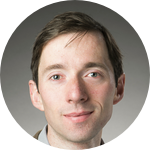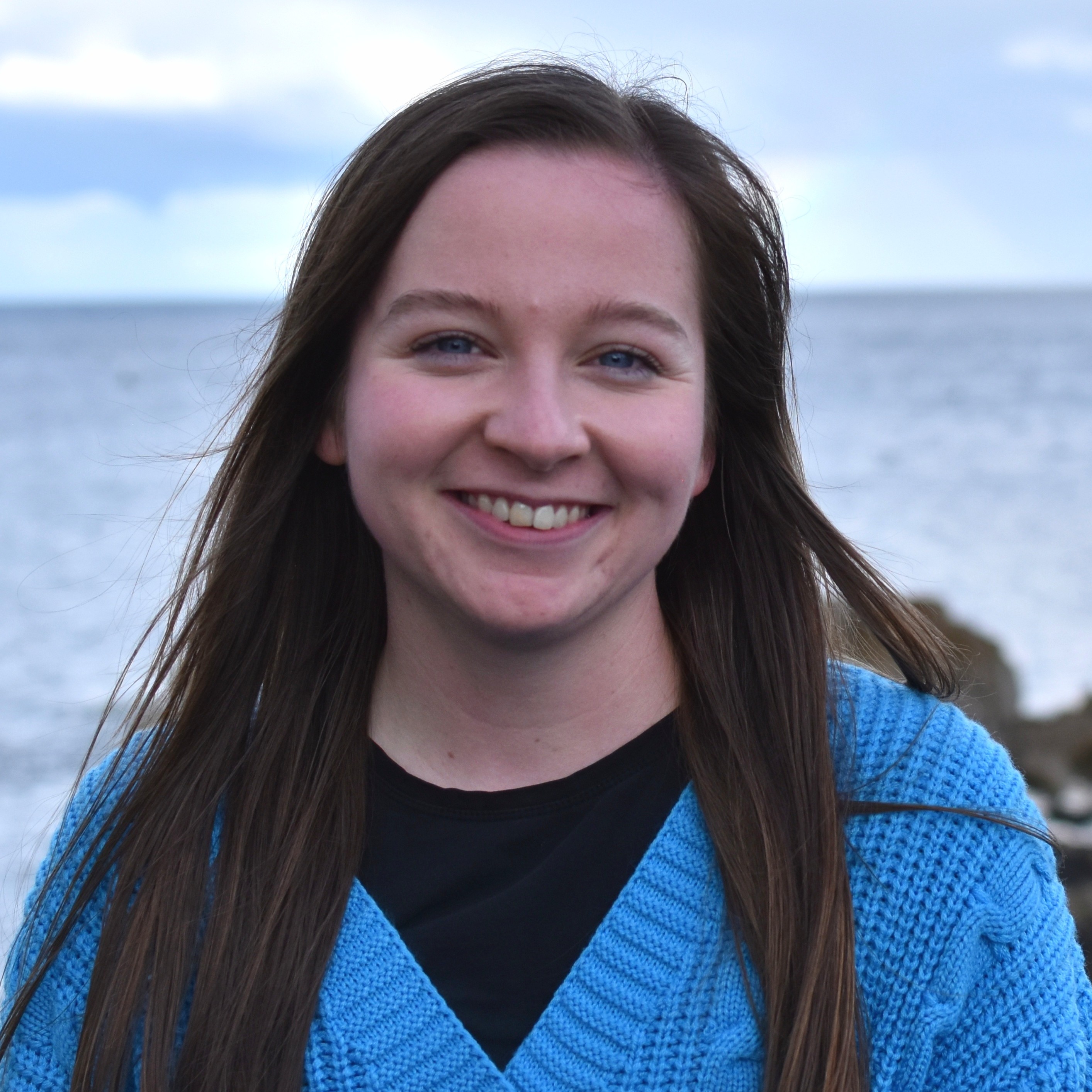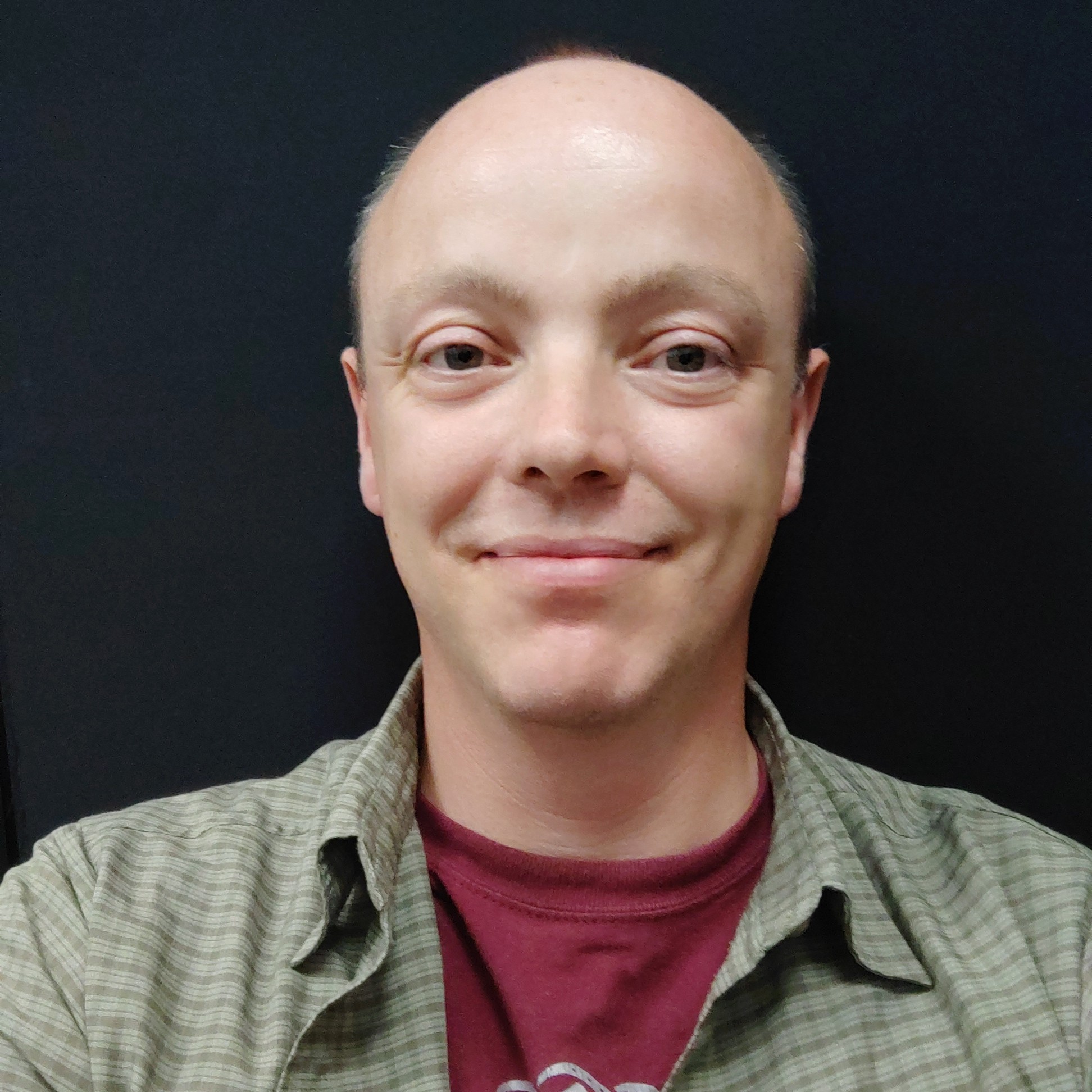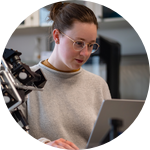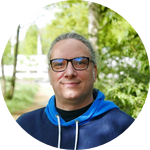About This Project
If we really want to know more about how much microplastic pollution is in the sea, we need globally accessible and scalable methods to measure microplastics. The EnderScope is a low-cost, open-source and easy to build microscope that can automatically scan filtered seawater samples to detect microplastics. We want to get this tool into the hands of local libraries, environmental groups and maker spaces in Ireland.
Ask the Scientists
Join The DiscussionWhat is the context of this research?
In recent years, there has been increasing concern surrounding microplastic pollution in the sea and how it might be affecting animals, humans and the environment.
To get to the bottom of this microplastic pollution problem, we first need to know the extent of the problem. So we need a baseline measurement of how much microplastic is in the sea. So why don’t we measure it? Well, it’s trickier than it sounds. The current approaches to measuring microplastics from seawater samples are either very expensive (such as Fourier Transform Infrared (FTIR) spectroscopy) or very time consuming (manually counting microplastics that have been filtered from seawater samples). These are both barriers to being able to measure microplastics around the world.
What is the significance of this project?
We have designed a low-cost, open-source microscope that is based on a ubiquitous 3D printer (Creality Ender 3 Pro) that can automatically scan across a filtered seawater sample and detect microplastics - The EnderScope. Microplastic pollution is a global problem, so we need globally scalable solutions. A low-cost instrument such as the EnderScope can be deployed at scale. As well as being low-cost, the EnderScope is open-source, meaning the design files and assembly instructions are freely available online. This means more people can have access to this tool and can measure microplastics in their local area. The more measurements of microplastic pollution that we have, the more we can understand the microplastic pollution problem!
What are the goals of the project?
Our next step in this project is physically getting the EnderScope into people’s hands. The requested funds will help us to build and distribute EnderScopes to libraries, maker spaces and local community environmental groups in Ireland.
We will select 5 groups and organise a workshop event with each where we will explain and demonstrate the EnderScope. We will then give one instrument to each group for them to evaluate and provide feedback on. This will allow us to identify problems with the design that we have not identified, allowing the community users to co-create the final version of the instrument with us!
These groups can choose to measure microplastics or image something entirely different! All we ask is that they share their results with us at the end of the project
Budget
To achieve our goal of sharing and improving the EnderScope design, we will need the funds to build 5 EnderScopes. The EnderScope is primarily made from low-cost 3D printed parts and low-cost optical and electrical components as well as an Ender 3 Pro 3D printer. The cost of each instrument has been estimated as $617 (€550).
We will also need to cover the cost of distributing the EnderScopes across Ireland.
Endorsed by
 Project Timeline
Project Timeline
This project is expected to run for 12 months in total, starting January 2024.
The first 3 months will be spent identifying community groups we would like to collaborate with, and purchasing the materials needed to build the EnderScopes.
We will host workshops where we will distribute & demonstrate the EnderScopes to our partners across Ireland.
After 4 months of using the EnderScope, we will collect data from our partners and share it on the GitHub repository for the EnderScope.
Aug 28, 2023
Project Launched
Mar 31, 2024
Identify partners (3 months)
Mar 31, 2024
Purchase materials required to build EnderScopes (3 months)
May 31, 2024
Assemble five EnderScopes (2 months)
Jun 30, 2024
Workshops (1 month)
Meet the Team
Affiliates
Niamh Burke
I am a PhD student in University College Dublin in Ireland. I love microscopy, 3D printing, building and making. In particular, I'm interested in building open and accessible tools to measure microplastic pollution in the sea.
Mark Pickering
Dr Mark Pickering is a scientist, microscopist and maker with extensive experience in developing low cost open source imaging tools. This stems from his passion for making science and discovery open and accessible to all!
Gesine Müller
I am a Ph.D. student at the University of Göttingen, with a strong focus on adaptive microscopy. My passion lies in the multidisciplinary realm of the natural sciences, which led me to pursue interdisciplinary bachelor's and master's programs. In my current research, I am actively involved in the interdisciplinary field of neurosciences, microscope building, and data analysis.
vittorio saggiomo
Vittorio Saggiomo obtained his M.Sc. degree in Organic Chemistry at the University Federico II of Naples (Italy). He moved to Kiel (Germany) to pursue his Ph.D. working on Dynamic Combinatorial Chemistry. In 2010, he started as a Postdoc at the University of Groningen (the Netherlands) in the field of Systems Chemistry. In 2013 he did a second Postdoc at Wageningen University (the Netherlands). He is currently an assistant professor at the same University in the BioNanoTechnology group. His interests and expertise spread from organic chemistry to Open Technologies and 3D printing in microfabrication, sensors, and devices.
Additional Information
If you'd like to learn more about the EnderScope (maybe even build your own if you have a spare 3D printer lying around!) you can find the assembly instructions and design files on our GitHub repository: https://github.com/Pickering-L...
Project Backers
- 7Backers
- 100%Funded
- $4,090Total Donations
- $584.29Average Donation
